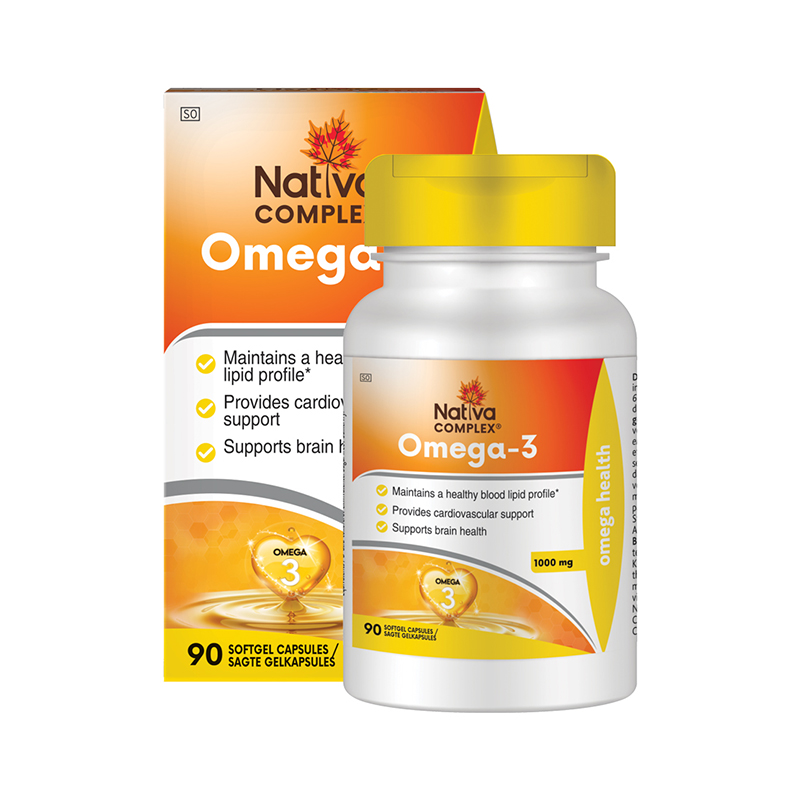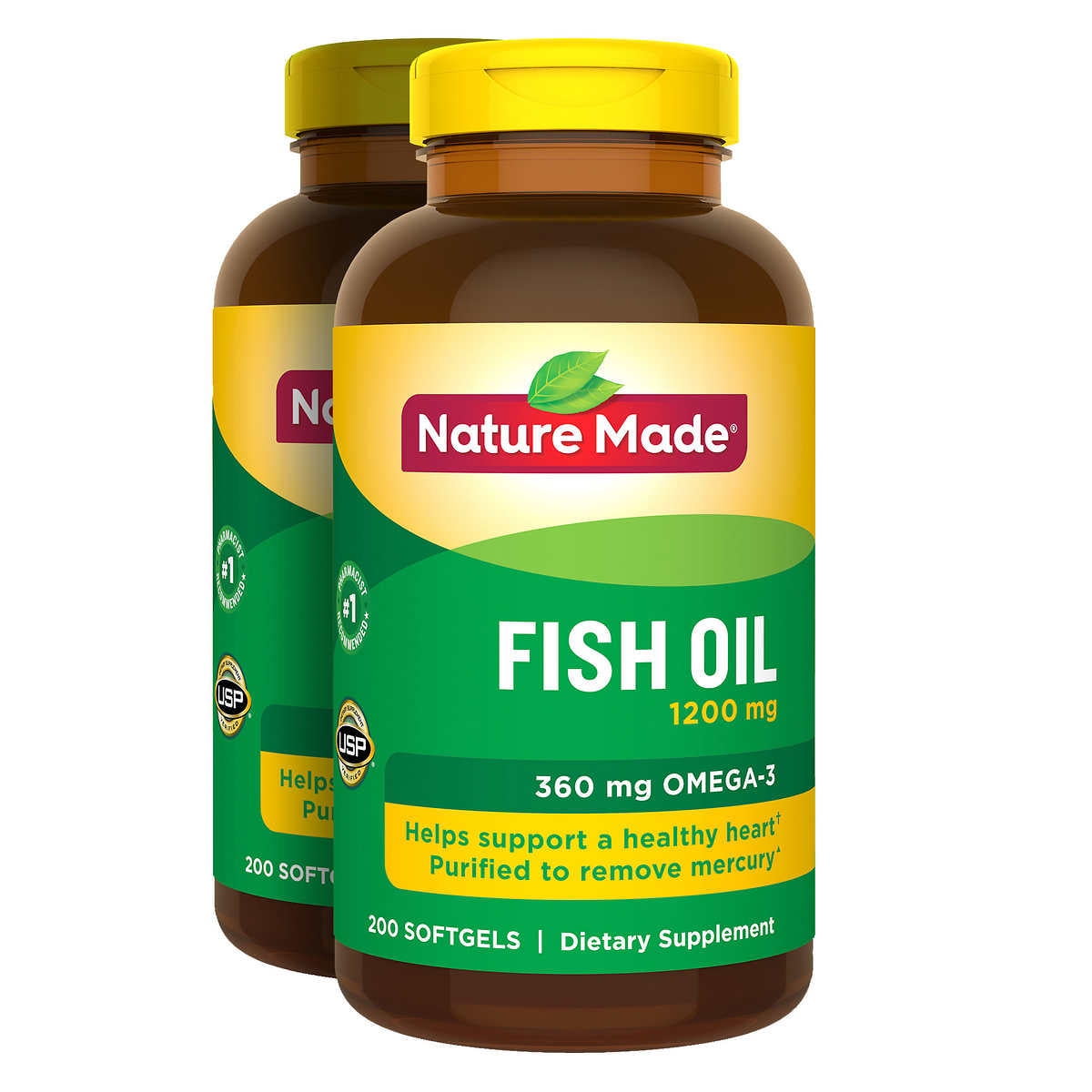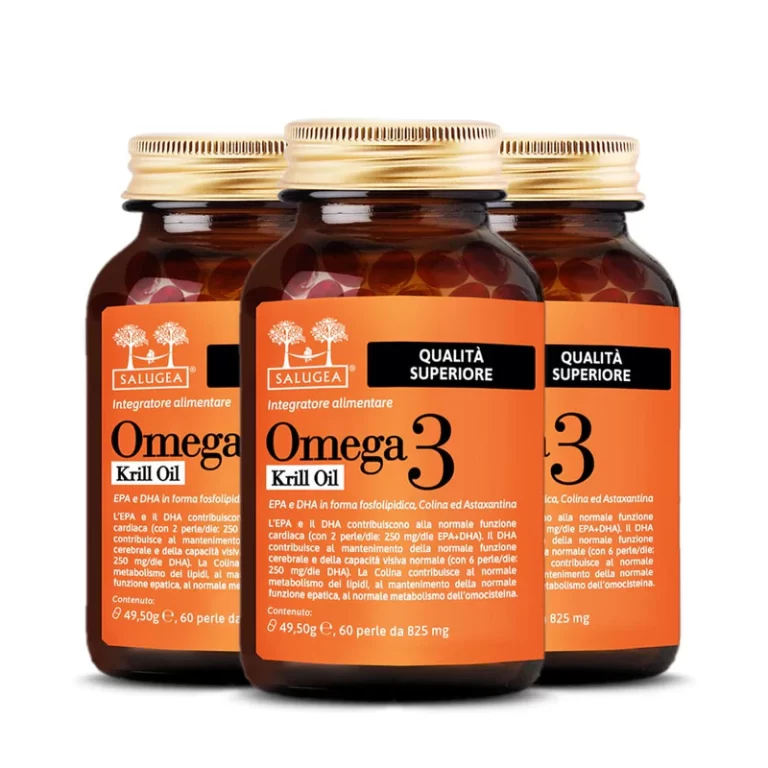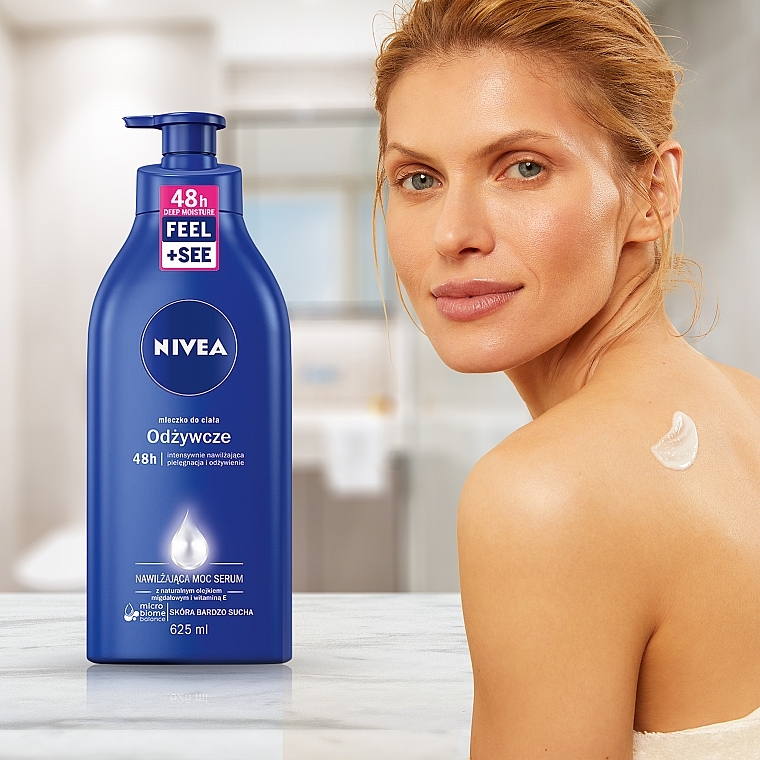
Krill Oil vs. Fish Oil: Is Krill Oil Better Than Fish Oil?
Introduction: The Omega-3 Fatty Acid Controversy
The debate is on: is krill oil better than fish oil? Health enthusiasts and experts have long discussed the value of Omega-3 fatty acids. These essential nutrients support heart health, brain function, and much more. But, the source of Omega-3s has become a hot topic. Krill oil and fish oil are the front-runners. Each claims a superior nutritional punch and better absorption rates. Let’s find out.
Omega-3s are vital, yet our bodies can’t make them. We must get them from our diet or supplements. That’s where krill and fish oil come in. They both offer these fatty acids, but the question is, which one does it better? As you read on, we’ll compare their nutritional profiles and debate their absorption and bioavailability. We’ll check their environmental footprints and assess the health benefits they may offer. We’ll look at price points and ease of access. Finally, we’ll touch on their purity and potential contaminants.
Stay tuned as we dive deep into the facts, making it easier for you to decide if krill oil or fish oil fits your health journey. With knowledge as your guide, making an informed choice will be straightforward.

Nutritional Profile: Krill Oil Versus Fish Oil
When comparing krill oil and fish oil, we start with their nutritional content. Both offer vital Omega-3 fatty acids, but the composition varies slightly. Krill oil comes from Antarctic krill, tiny shrimp-like creatures. Fish oil comes from various oily fish, such as salmon and mackerel.
Krill oil contains EPA and DHA, two types of Omega-3s. Fish oil also has these, often in higher amounts. What sets krill oil apart is astaxanthin, a powerful antioxidant. This component is not in fish oil. Antioxidants help fight damage to your cells.
Krill oil’s Omega-3s are in phospholipid form. This may lead to better absorption by your body. Fish oil’s Omega-3s are in triglyceride form, which could be less easily absorbed.
Next, let’s talk about choline. Krill oil has it, fish oil does not. Choline supports liver function and brain health. This adds to krill oil’s nutritional value.
Remember too, the source of the oil may affect the nutrient levels due to diets and environments of the creatures.
So, is krill oil better than fish oil? It’s tricky. Krill oil has unique nutrients like astaxanthin and choline. But fish oil often provides more Omega-3s overall. Consider what your body needs. Knowing these details, you can make a more informed choice.
Absorption and Bioavailability: Which One Wins?
When considering is krill oil better than fish oil, absorption is key. Krill oil’s Omega-3s, bound to phospholipids, blend well with our cell membranes. This bond might help your body absorb them more efficiently. In contrast, the Omega-3s in fish oil are in triglyceride form. They require extra steps for your body to utilize them. So, krill oil may have an edge here.
Research suggests that the phospholipid form in krill oil boosts bioavailability. This means our bodies might use krill oil’s Omega-3s more completely. Greater bioavailability of these nutrients can lead to better health outcomes. The improved uptake by your cells translates to needing less krill oil for the same benefits.
For example, smaller doses of krill oil can equal the effects of higher fish oil amounts. This could impact your supplement choices. Higher bioavailability also implies that krill oil might deliver results faster.
Still, more research is needed to confirm these benefits conclusively. Individuals may respond differently to each oil. Therefore, it’s important to consider personal health goals and dietary needs. Think about what works best for your lifestyle and health plan.

Environmental Impact and Sustainability
When judging if krill oil is better than fish oil, we must consider the planet. The choice of supplement doesn’t only impact our health, but also the environment. Sustainability and ecological impact play vital roles in this discussion.
Krill oil comes from Antarctic krill, which are a fundamental part of the marine ecosystem. They’re a key food source for many animals. Over-harvesting could disrupt food chains. Yet, reputable sources manage harvesting to prevent this.
On the other hand, fish oil is sourced from various fish species. Large-scale fishing can lead to overfishing. This harms marine populations and habitats. Sustainable practices and proper certifications, like the Marine Stewardship Council (MSC), are crucial. They ensure fish are caught without damaging ecosystems.
Both oils have a carbon footprint due to processing and transportation. But krill oil’s smaller doses may mean lesser environmental impact overall. Also, the krill industry has started using eco-friendlier methods, like reduced emissions vessels.
In summary, if we consider sustainability and environmental health, krill oil has advantages. But only if its sourcing is managed carefully. Fish oil’s impact relies on sustainable fishing methods. Consumers should look for eco-certifications when choosing omega-3 supplements. This helps protect ocean life and ensures product responsibility.

Potential Health Benefits Compared
When weighing up whether is krill oil better than fish oil, health benefits are crucial. Both oils offer Omega-3 fatty acids, but their impacts differ.
Krill oil and fish oil both support heart health, reducing risks of heart disease. Yet, the type of Omega-3s and their delivery in the body vary. Krill oil has Omega-3s linked to phospholipids, which may enhance anti-inflammatory effects.
Brain function also benefits from these supplements. DHA, an Omega-3 in both oils, is essential for brain health. Some studies suggest krill oil might improve brain function due to its phospholipids and astaxanthin.
Joint health is another area where these oils may help. They can reduce joint pain and stiffness. This makes them attractive for those with arthritis.
Furthermore, krill oil contains choline. This nutrient is vital for liver and brain health. Notably, fish oil lacks choline.
For eye health, krill oil has the added advantage of astaxanthin. This antioxidant can help protect the eyes from harmful UV light.
Overall, both oils have their merits. The choice depends on individual health concerns and needs. Consider what benefits you seek, and select your supplement accordingly.

Price and Accessibility Factors
As we explore whether krill oil is better than fish oil, let’s consider cost and availability. These aspects can greatly influence your choice of supplement.
First, look at the price. Generally, krill oil is more expensive than fish oil. This is due to the harvesting process and the fact that krill are found in fewer places. Since krill oil requires smaller doses, it may offset the higher upfront cost over time.
In terms of accessibility, fish oil has been on the market longer. It is widely available in most health food stores and pharmacies. Krill oil, while gaining popularity, is less commonly found. However, as demand increases, so does its presence on shelves and online.
When considering both price and accessibility, remember that higher cost doesn’t always mean better quality. And while fish oil may be easier to find, krill oil’s higher potency could mean buying it less often. Always check for quality assurance marks on packaging to ensure you get a pure and effective product.
Availability may vary by region too. In some places, fish oil is more readily available due to local fishing industries. Conversely, krill oil might dominate in markets closer to Antarctic sourcing.
Lastly, consider bulk buying or subscriptions. These options may make more expensive or less accessible items like krill oil more affordable and convenient.
Your budget and ability to access the product will play crucial roles in your decision. Balance these factors with your health goals to make the best choice for you.
Purity and Contaminant Concerns
When choosing between krill oil and fish oil, purity is a top concern. Consumers worry about contaminants like mercury and PCBs. Both can show up in marine products. Let’s break down the risks and what to look for.
The purity of these oils depends on their source. Krill are found in pristine Antarctic waters. They have shorter lifespans and are lower on the food chain. This can mean fewer pollutants. Fish oil comes from a variety of fish. Some may live longer and collect more toxins over time.
Look for oils processed to remove impurities. High-quality supplements go through molecular distillation. This process filters out heavy metals and other contaminants. Certificates of Analysis (CoAs) back up these purity claims.
Third-party testing is also key. It shows if a product meets strict standards. Look for brands that have their oils tested. They should share their results openly.
Krill oil capsules are often seen as cleaner. They may need less processing due to the krill’s natural environment. Fish oil needs careful handling to ensure it’s free from harmful levels of contaminants.
Remember, cleaner oils are often pricier. But, they are worth it for the peace of mind. Check labels closely. Look for signs of high purity standards. This will help you find a clean, safe supplement.
Choose oils with a good track record. Brands that are open about their sourcing and testing deserve trust. This way, you can enjoy the health benefits without worry about contaminants.

Making An Informed Decision: Which Oil Is Right for You?
Selecting the right Omega-3 supplement can be daunting. It requires weighing all factors. Consider your health goals, budget, and where your values lie in terms of sustainability.
Ask yourself these questions:
- What health benefits am I seeking? Krill oil may offer superior anti-inflammatory effects, while fish oil provides higher Omega-3 quantities.
- How important is environmental impact to me? If it’s a priority, krill oil may hold an edge due to potential sustainability.
- Can I afford krill oil’s higher cost? Its potency might balance the initial expense in the long term.
- Do I have easy access to these supplements? While fish oil is widely available, krill oil’s presence is growing in stores and online.
- Are purity and the risk of contaminants a concern? If so, krill oil, sourced from the clean Antarctic waters, might be the safer choice.
Aim for a blend of quality, efficacy, and responsibility. Lastly, consider seeking advice from a healthcare professional. They can guide you based on your individual health needs.
Remember, the ‘better’ oil is the one that fits your unique scenario. Your choice should align with your health targets, environmental beliefs, and financial situation. With all this knowledge, making an informed decision should now be within reach.

